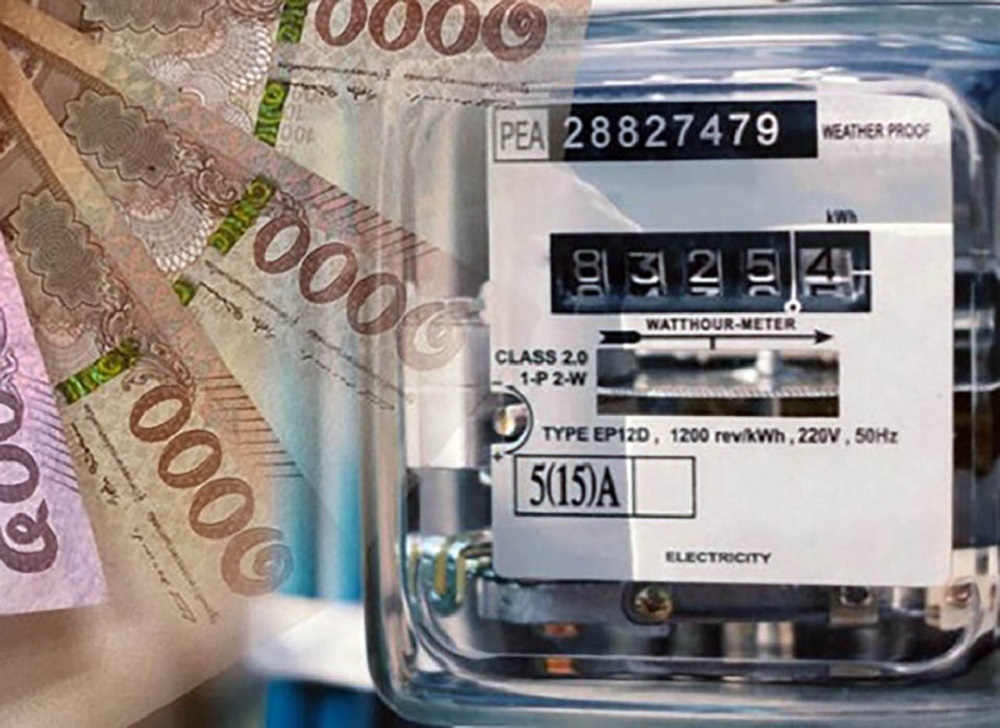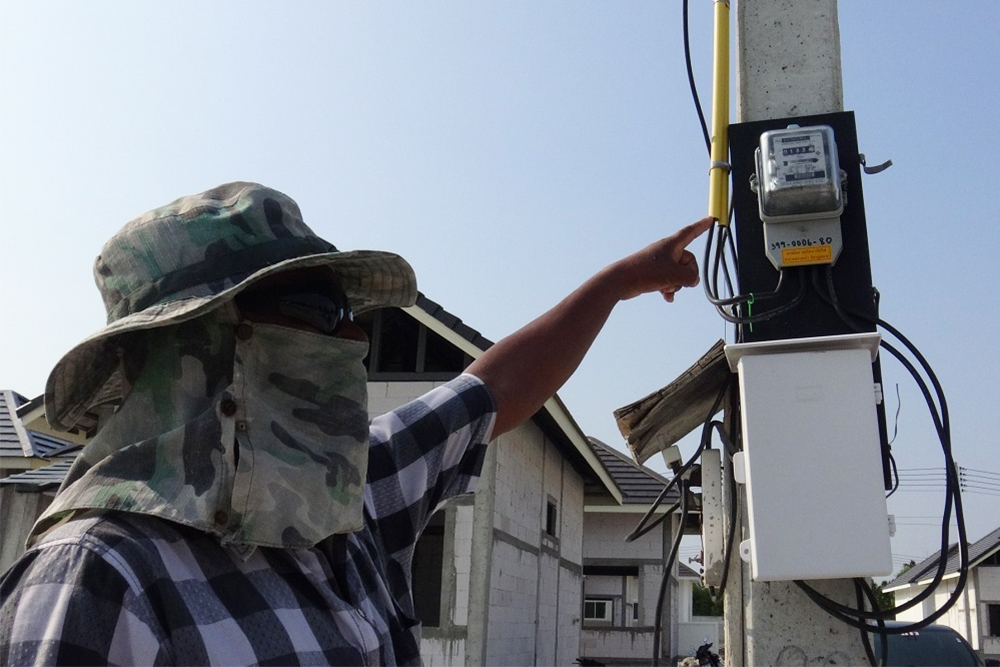Business
Thailand’s New Government Must Address Soaring Energy Prices

In Thailand, the newly elected government must decide whether to absorb rising energy prices or shift the expense to consumers as energy prices soar. The ERC increased power bills for households from 4.72 baht per kilowatt-hour (unit) to 4.77 baht.
PTT is Thailand’s largest energy firm, and the Ministry of Finance controls it with a 51 percent share. The consolidated firm, which includes subsidiaries and joint ventures, spans the energy sector, from oil and gas exploration and extraction to petrochemical production, refining activities, retail sales, and global trading. PTT has had a very good few years thanks to increasing energy prices.
Revenue will reach $96 billion in 2022, a 34% increase over 2019. PTT paid out more than $1.2 billion in dividends last year on $3.5 billion in after-tax profits. These windfall profits are comparable to those of Petronas, Malaysia’s state-owned energy firm, which also had a fantastic year in 2022.
The pandemic reduced demand for oil and gas, but the resurrected post-pandemic economy drove up energy prices. While rising energy prices are wonderful for PTT, they are not so beneficial for customers.
The Metropolitan Electricity Authority (MEA) is the principal electricity distributor in Bangkok and the neighbouring areas. Despite the fact that MEA’s sales are recovering from the pandemic depression, the utility will sell 3% less electricity in 2022 as it did in 2019. Despite selling less electricity, revenue was up 9 percent from four years ago. The simple explanation is that the MEA is charging higher electricity rates than it did prior to the outbreak.
In Thailand, electricity rates include a base rate as well as an Automatic Tariff Adjustment, known as the Ft rate. The base rate is based on assumptions about the fixed costs of power generation. The Ft rate is a charge that can rise or fall in response to changes in variable costs like as fuel. Electricity generation becomes more expensive as the price of natural gas rises.
Some of the increased costs are passed on to consumers in the form of a higher Ft rate. The Energy Regulatory Commission reviews the rate every few months.
Throughout 2021, while the pandemic was wreaking havoc on households, the Ft charge was -15.32 satang per kWh (a satang is 1/100 of a baht). Fuel prices such as coal, oil, and gas began to rise globally in 2021 and 2022.
To avoid power generators from bearing the full brunt of these cost increases, the Ft rate began growing in January 2022, eventually reaching 93.43 satang per kWh in September 2022. It is currently above 90 degrees. This means that since the end of last year, average MEA customers in Bangkok have been paying approximately one baht more than the basic rate for each kWh of electricity used.
This provides a glimpse into a larger discussion about who should pay and who should profit from rising costs during inflationary periods. Should price hikes primarily affect consumers, while corporations further up the supply chain earn handsomely?
Should power plants absorb price hikes and tolerate lower profit margins, or should distributors like MEA? And who should make these choices? What about the market? What about the state?
Thailand’s response to these concerns is a controlled market approach. In times of high global energy costs, companies like PTT stand to benefit handsomely. However, the same high prices make generating electricity costly, especially if you import a lot of fuel, like Thailand does.
In the power sector, some of these cost increases are transferred on to consumers via the Ft charge, which is subject to ERC regulatory scrutiny.
Thailand has attempted to create a balance between governmental and market systems, as well as consumer and producer interests. However, the balance obviously demands and expects customers to endure a part of controlled price rises during periods of high inflation.
A related and possibly more important concern is whether that balance is ideal or fair, and how it might evolve under future leadership circumstances.



























